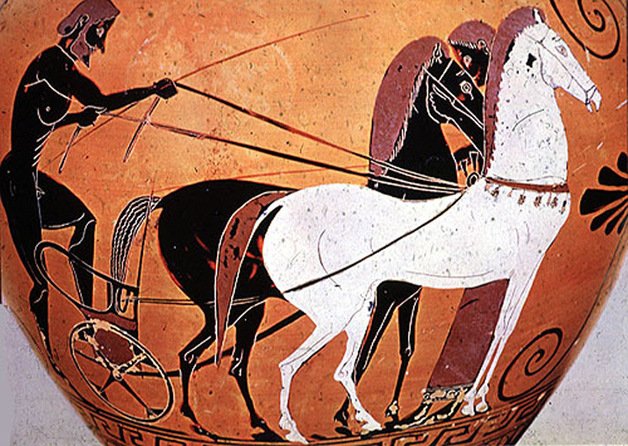If you’ve ever been on a weight loss diet then you know the internal struggle at times between what you know you should do and what you want to do. You know that in order to achieve your desired goal of losing a certain amount of weight or hitting targeted health markers you need to stick to the plan, stay with the diet. On the other hand you are presented with a delicious donut, a tub of ice cream, or a whole pizza that looks and smells amazing. Think about the following internal dialogue: “Should I?” “I better not.” “But it does look tempting. I’ve been really good this week with my diet, I deserve it.” “No I really want to reach my goal and this won’t help…” and on and on the internal struggle goes, until you either walk away or choose to dig in and enjoy.
I was listening to a neuroscientist recently discuss how different areas of the brain influence our experiences and how we operate. The frontal lobe is seat of reason and judgment, where we evaluate potential truth claims and options, and decide what is good. But we also have the limbic system that stores and recalls memories and emotions. Then there is another element that influences our decisions and thoughts, which is our desire for dopamine. This little molecule isn’t so much the pleasure molecule as the molecule of desire. In fact the book The Molecule of More is a fascinating deep dive about how influential dopamine is for our everyday decisions, beliefs, and habits. Essentially, dopamine acts as a source of appetite, it drives our wants, not necessarily our enjoyment. Perhaps you’ve had this experience, where you really want something, a pizza, the new iphone, or one more video on tiktok or instagram, but when you get it, when you consume it, you realize it isn’t all that enjoyable. That is because what we want and what we enjoy aren’t always sync’d up. In fact, our experiences of these epiphenomena are rooted in different chemical releases in the brain, and the truth is, sometimes we are poor judges of what will make us happy, assuming the thing we want is the thing that will fulfill us.
As I was reviewing these recent insights it made me think about a very old observation regarding the same internal experiences we have. The philosopher Plato, in his book the Phaedrus about 2500 years ago used an analogy to describe what modern scientists are empirically discovering today. Plato’s analysis of the human psyche or soul was based on three parts as well, which he distinguished as our reason, our spiritedness (which would encompass some of our emotions and memories roughly speaking), and our appetites, which are essentially our base desires. Plato doesn’t have fMRI’s or neurochemistry to explain humans, but he does have a vivid story. In his analogy, he likens a person to a charioteer, with two horses pulling the chariot. Plato’s soul doesn’t map on perfectly to modern neuroscience, but we can see some very helpful similarities between the two. And while modern science is often descriptive in its findings, Plato has no problem being prescriptive in his account.
The charioteer himself represents reason, and Plato says that our reason should always be in the driver’s seat of our decisions. But reason alone is not enough, and so the horses, which are our spiritedness and our appetites, pull the chariot. Plato recognizes that these two other forces must be controlled with bit and bridle; they must be managed, educated, and guided by reason towards a good outcome. When we allow our spiritedness or our appetites to take the reigns of our lives, our psyche becomes disordered and out of balance. We end up wanting things more than we should, or allowing our emotions to dominate our decision-making.
It can be a hard line to walk keeping all three parts of the psyche in proper balance and alignment. When we indulge too much or too often in our base appetites or spiritedness, that horse begins to grow stronger and dominate the chariot and the charioteer. Now this doesn’t mean we need to suppress, our emotions and desires, but it does mean they need to be kept in proper perspective. One great insight from modern psychology is that our emotions are feedback and evidence, but our emotions are not the totality of who we are. Emotions come and go, appetites for things come and go, and with the help of a proper decision making framework, we can keep bigger goals and values in mind which allow us to drive the chariot towards the true goal, which is human flourishing.
